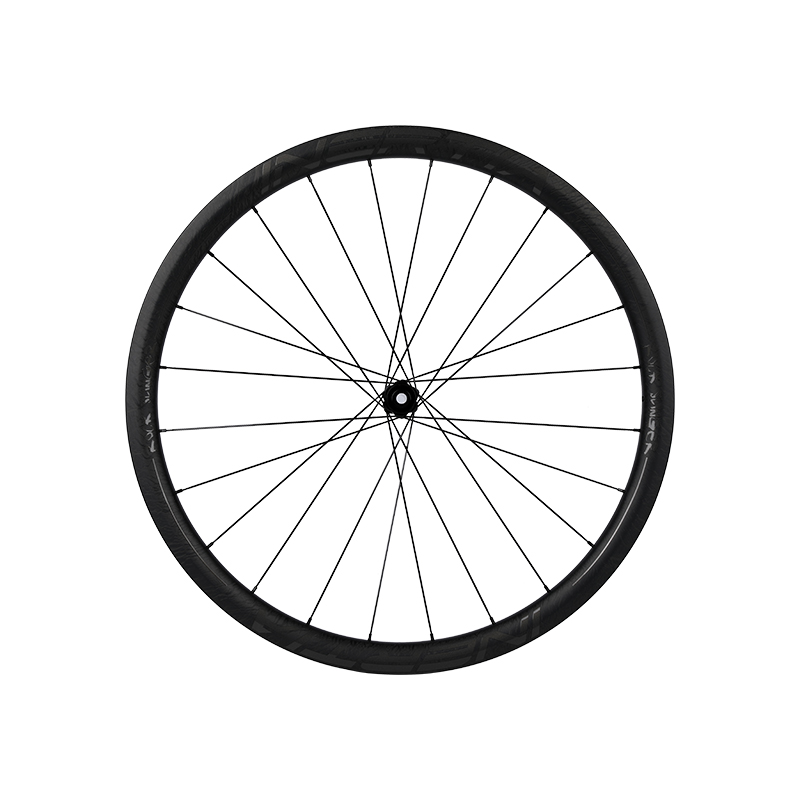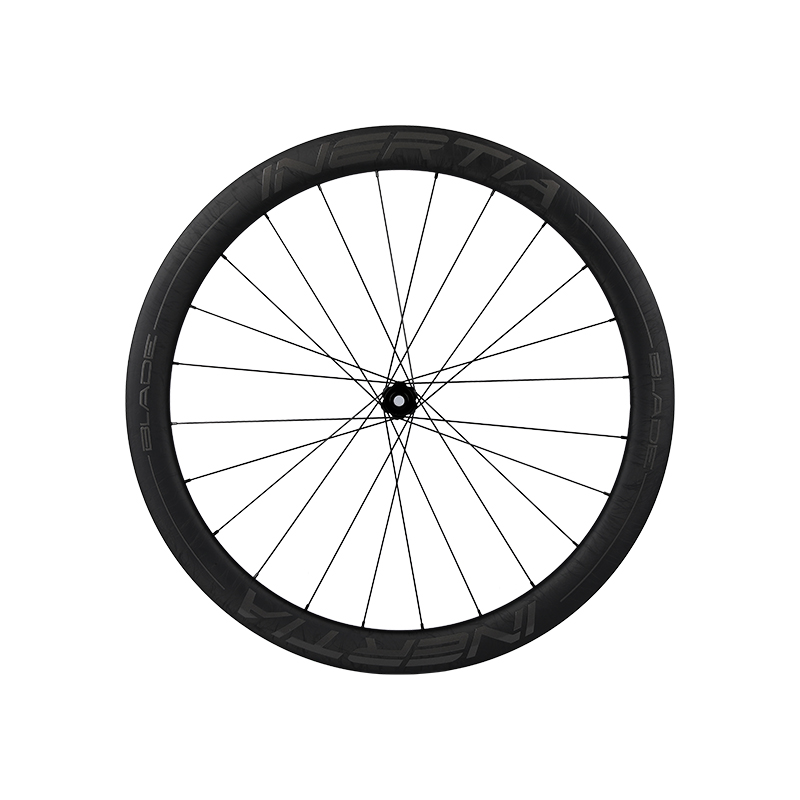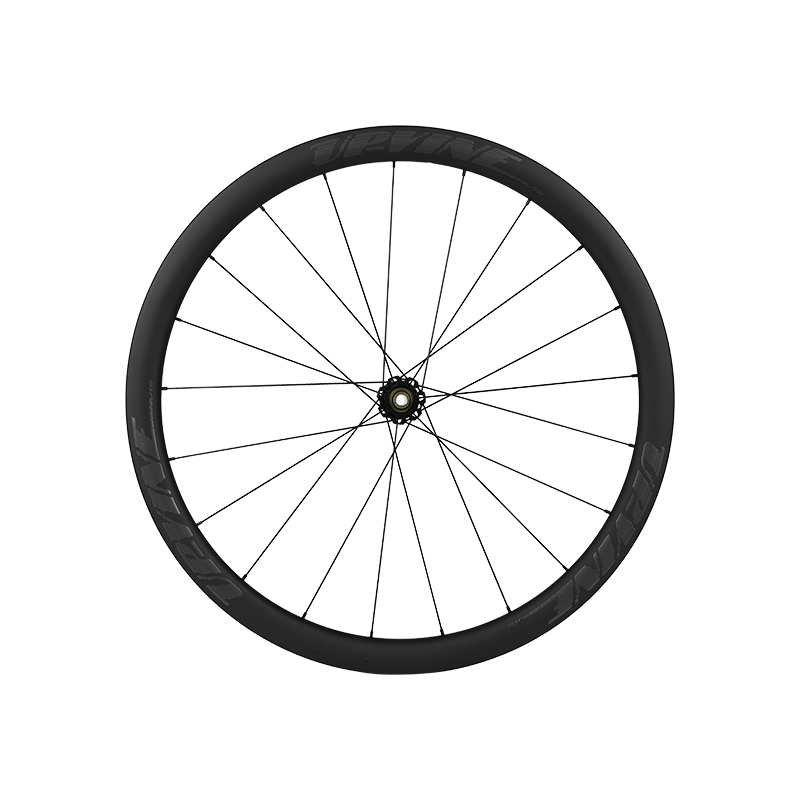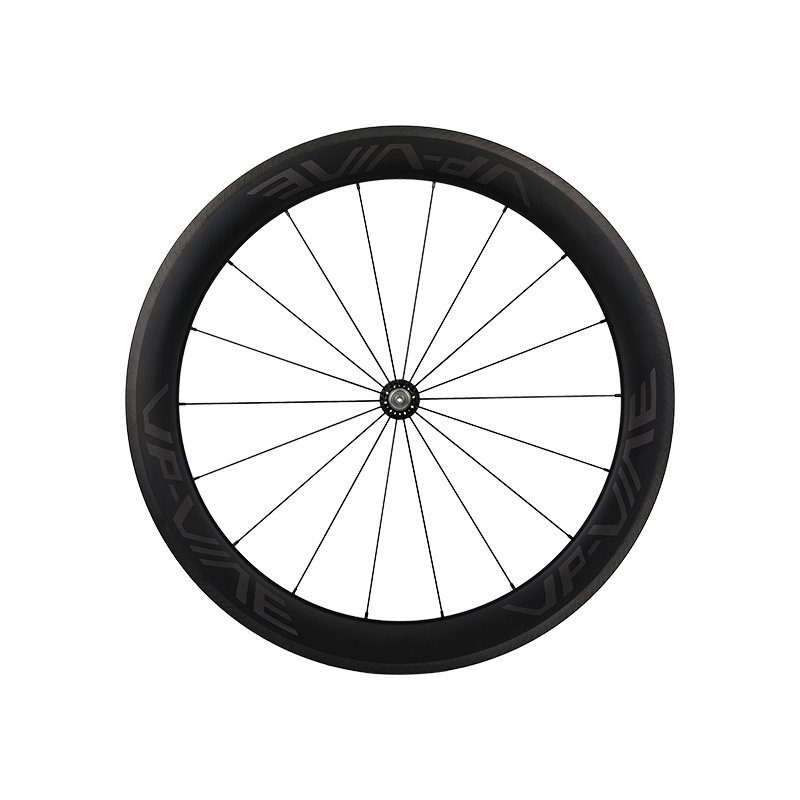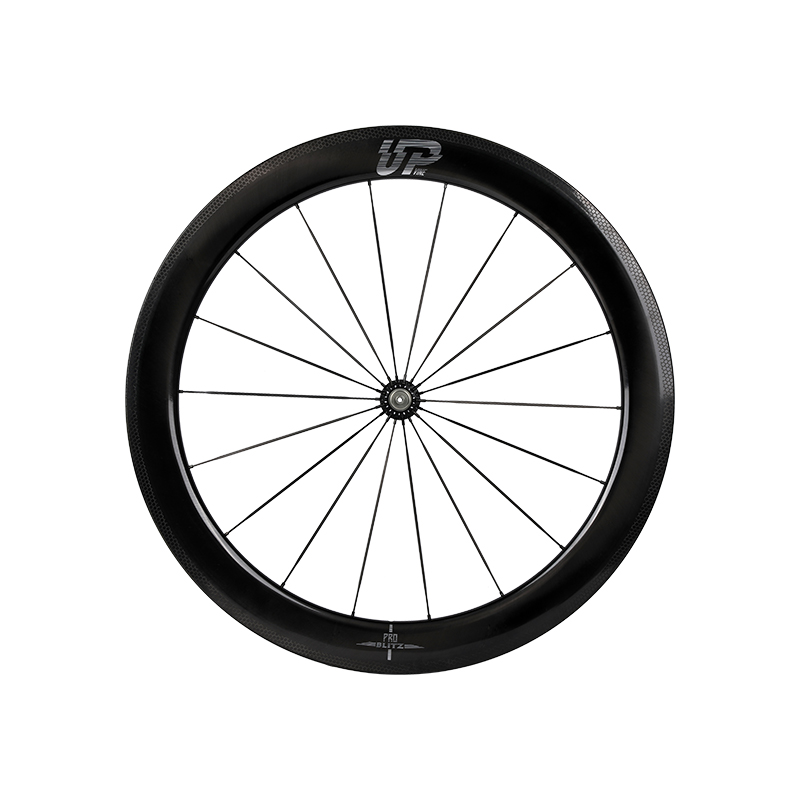When it comes to bicycle manufacturing, the choice of materials for components like wheel spokes plays a crucial role not only in the performance and durability of the bicycle but also in its overall economic viability. Bicycle Wheel Spokes are fundamental to the structural integrity of bicycle wheels, transmitting forces between the hub and the rim while supporting the weight of the rider and absorbing road vibrations. Therefore, selecting the right material for spokes involves careful consideration of several economic factors.
Traditionally, spokes have been made from materials like stainless steel, which offers a balance of strength, durability, and cost-effectiveness. Stainless steel spokes are known for their resilience against corrosion and their ability to withstand the rigors of daily use in various weather conditions. From a manufacturing standpoint, stainless steel is readily available, relatively inexpensive compared to other high-performance materials, and easy to work with, making it a preferred choice for mass-produced bicycles aimed at everyday consumers and budget-conscious markets.
However, as bicycle technology advances and demands for lighter, stronger, and more efficient bikes increase, manufacturers are exploring alternative materials for spokes. High-performance bicycles, especially those used in competitive cycling or specialty applications, may utilize spokes made from materials such as carbon fiber, titanium, or aluminum alloys. These materials offer distinct advantages in terms of weight reduction, enhanced stiffness, and improved aerodynamics, which can directly influence a bicycle's performance metrics such as speed and handling.

The economic considerations when choosing between different spoke materials primarily revolve around production costs, material availability, and the target market for the bicycles. Stainless steel remains highly economical due to its widespread availability, straightforward manufacturing processes, and durability, which reduces maintenance and replacement costs over the lifespan of the bicycle. For mass-market bicycles and those designed for everyday use, these factors often outweigh the marginal performance gains offered by more exotic materials.
On the other hand, for premium bicycles where weight savings and performance enhancements are critical selling points, the economics shift towards materials like carbon fiber or titanium. These materials are more expensive to procure and manufacture, requiring specialized production techniques and expertise. While initial costs may be higher, the perceived value and performance benefits can justify the investment for enthusiasts and competitive cyclists willing to pay a premium for top-tier equipment.
Moreover, the choice of spoke material can also impact a manufacturer's brand positioning and competitive edge in the market. By offering bicycles with advanced materials such as carbon fiber spokes, manufacturers can differentiate their products as cutting-edge and technologically superior, appealing to discerning customers who prioritize performance and are willing to invest accordingly.
In conclusion, while economic considerations heavily influence the choice of spoke materials in bicycle manufacturing, the decision is ultimately a balancing act between cost, performance, and market demands. Stainless steel remains a staple for its affordability and reliability, catering to the broader consumer base. Meanwhile, high-performance materials like carbon fiber and titanium cater to niche markets seeking maximum performance and are willing to pay a premium for lightweight, high-strength components. As the cycling industry continues to evolve, advancements in material science and manufacturing technologies will further shape the landscape of bicycle spoke choices, ensuring that manufacturers can meet diverse consumer needs and preferences effectively.



 Español
Español
